AGENDA & RECORDINGS
May 21, 2025
(As Part of the Opening Dinner) Networking / Cocktail Reception
The cocktail reception begins at 17:30 in Taft Ballroom 3, directly across from Forbes Ballroom 3, where participants can network before the opening dinner starts at 18:00.
Opening Session
Opening Dinner and Keynote Address
Opening Session
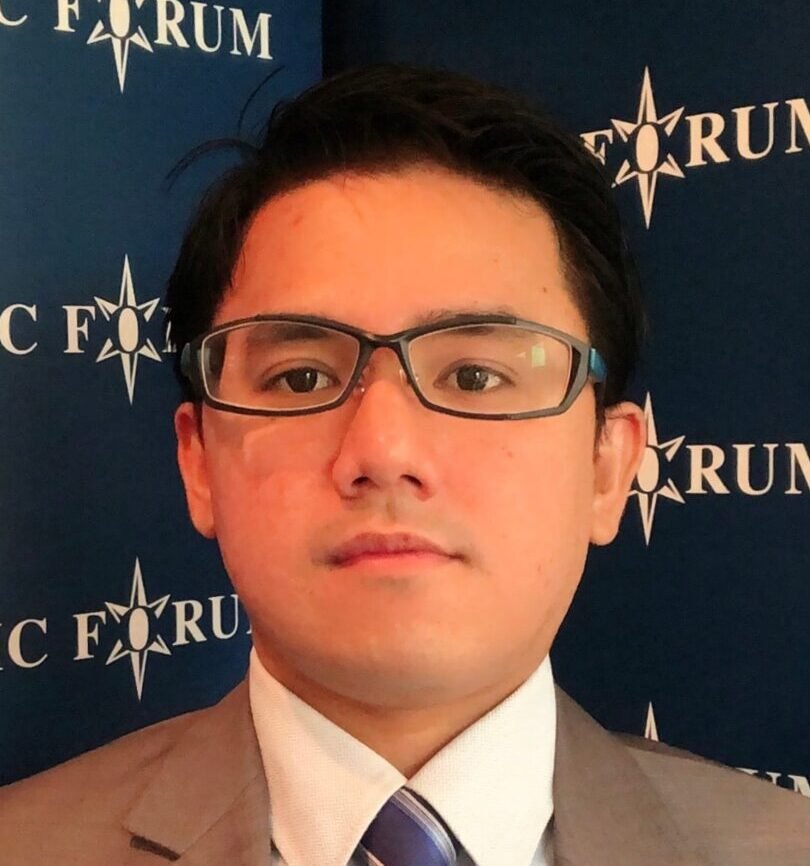
DR. JEFFREY ORDANIEL
President & CEO, WPSAgenda Setting
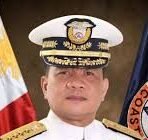
ADM. RONNIE GIL LATORILLA GAVAN
Commandant, Philippine Coast Guard (PCG)Welcome Remarks and Introduction of the Keynote Speaker
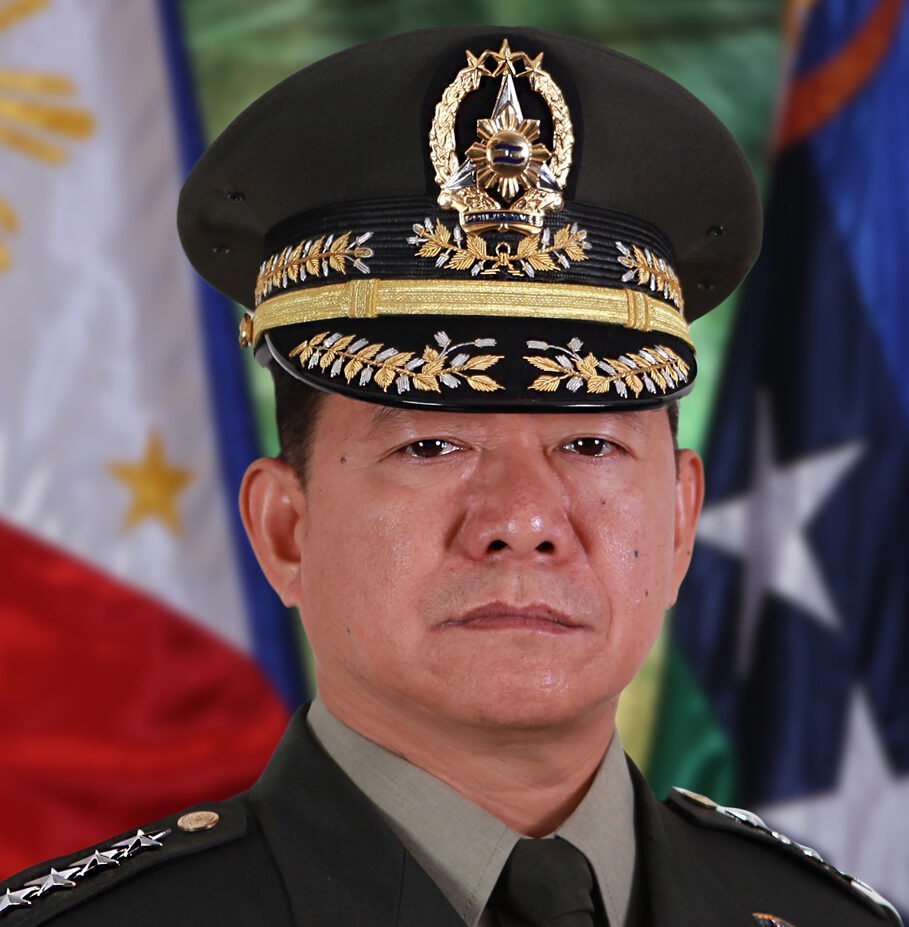
SEC. EDUARDO AÑO
National Security Adviser of the PhilippinesKeynote Address
(As Part of the Opening Dinner) Transparency at Sea: A Fireside Discussion, Featuring
Opening Session

DR. PRASHANTH PARAMESWARAN
Founder, ASEAN Wonk NewsletterModerator

ADM. RONNIE GIL LATORILLA GAVAN
Commandant, Philippine Coast Guard (PCG)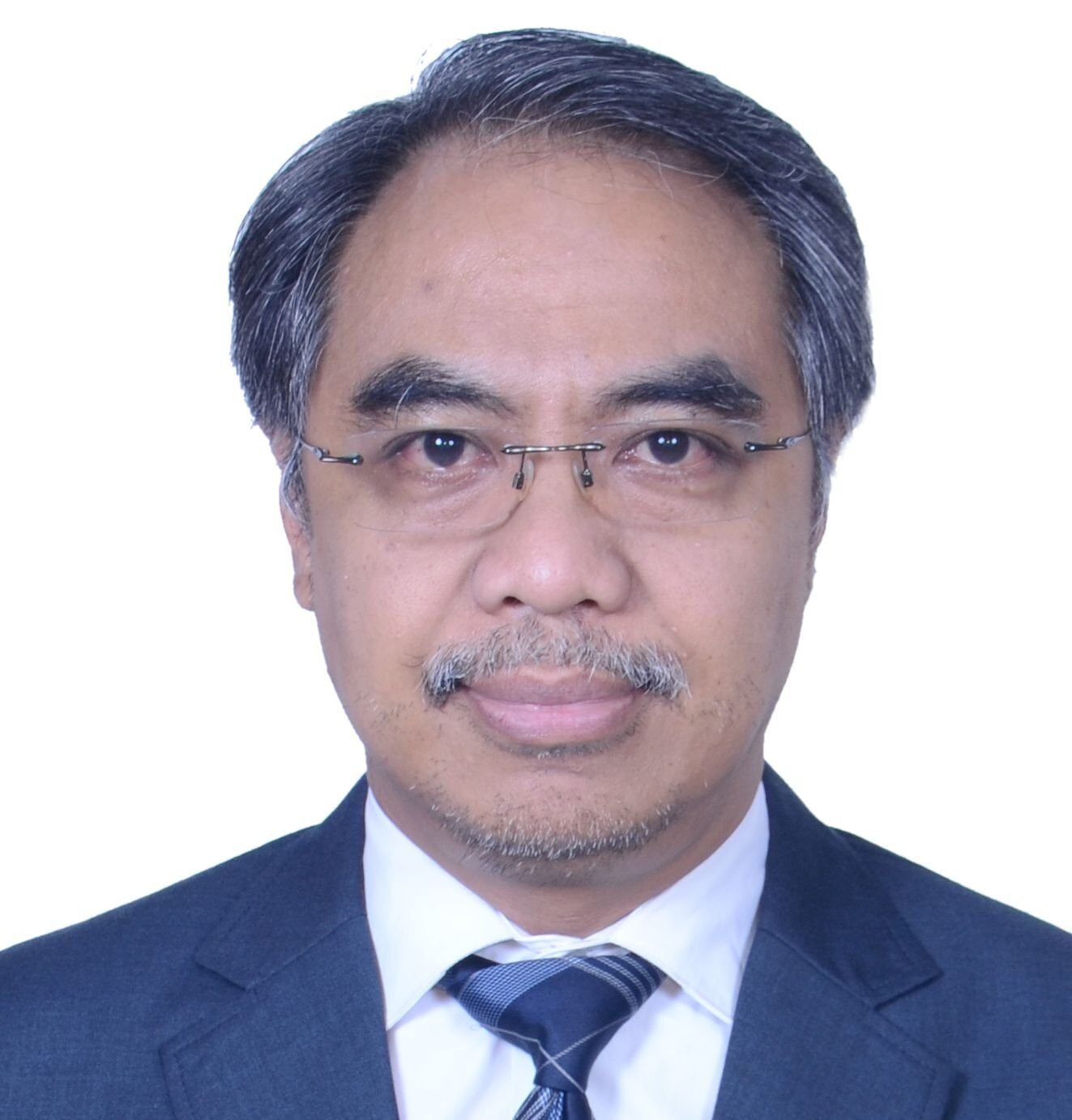
H.E. ADAM TUGIO
Advisor to the Minister on Political, Legal and Security Affairs Ministry of Foreign Affairs of Indonesia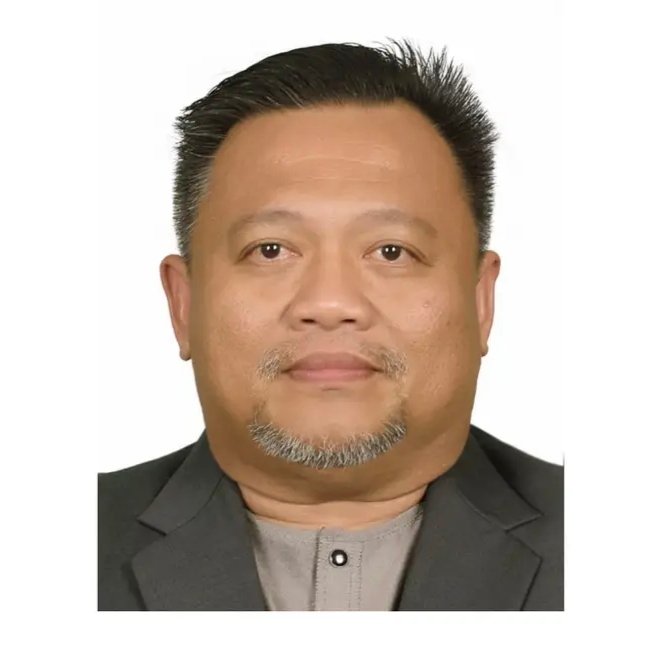
HAMZAH BIN ISHAK
Deputy Director-General of National Security (Security Management), National Security Council, Prime Minister's Department, MalaysiaMay 22, 2025
Panel 1: UNCLOS and the Rules-Based Order - Understanding South China Sea Claims
The Philippines, Malaysia, Vietnam, Brunei, and Indonesia have all emphasized the importance of adhering to international law in managing and resolving maritime disputes. Each of these nations references UNCLOS as the foundation for their presence and operations in the South China Sea. This session will address the following questions: What specific provisions of UNCLOS support their claims? What are each party's preferred modalities for dispute management and resolution? How does each party perceive the presence and operations of “user states” in the South China Sea?
Panel Discussion

RICHARD HEYDARIAN
Senior Lecturer, Master in International Studies, University of the PhilippinesPanel Chair
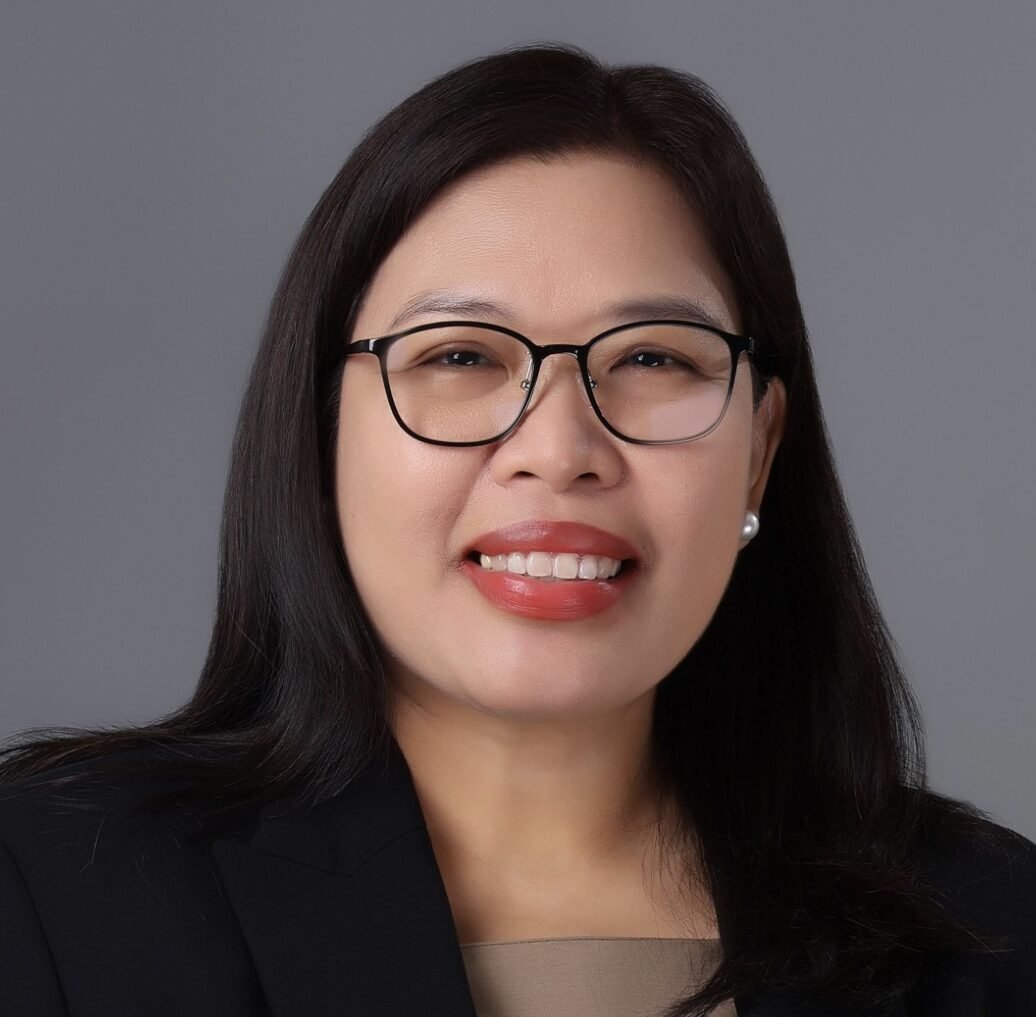
ATTY. FRETTI GANCHOON
Maritime Expert and Senior State Counsel, PhilippinesPanelist
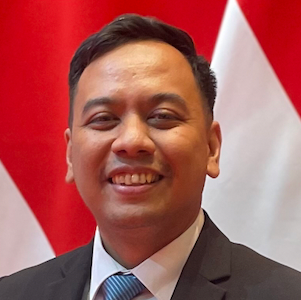
DR. MUHAMMAD TAUFAN
Lawyer, Directorate of Treaties on Political, Security and Territorial Affairs, Ministry of Foreign Affairs, IndonesiaPanelist

DR. HUONG NGUYEN
Director, Center for International Law, East Sea Institute, Diplomatic Academy of VietnamPanelist

HAMZAH BIN ISHAK
Deputy Director-General, National Security, MalaysiaPanelist
Panel 2: Getting Past Constraints - Ideas to Advance ASEAN’s Maritime Security Agenda
Since the 1992 ASEAN Declaration on the South China Sea, ASEAN has been perceived as either ineffective or pivotal in promoting a more rules-based regional maritime order. In 2002, ASEAN and China signed the Declaration on the Conduct of Parties in the South China Sea (DOC), in which all disputing parties committed to “exercise self-restraint in the conduct of activities that would complicate or escalate disputes… including, among others, refraining from action of inhabiting on the presently uninhabited islands, reefs, shoals, cays, and other features,” and to resolve their differences in a constructive manner. More significantly, the 2002 DOC obligated ASEAN member states and China to work toward concluding an effective Code of Conduct. However, 23 years—and several newly built artificial islands—later, tensions continue to rise, with China now closer than ever to operationalizing its nine-dash line claim. ASEAN’s consensus-based approach to decision-making, known as the "ASEAN Way," has arguably left the bloc ill-equipped to address escalating maritime disputes. This panel will evaluate ASEAN’s efforts to promote the rule of law in maritime Southeast Asia and aims to produce actionable policy recommendations for overcoming current limitations.
Panel Discussion
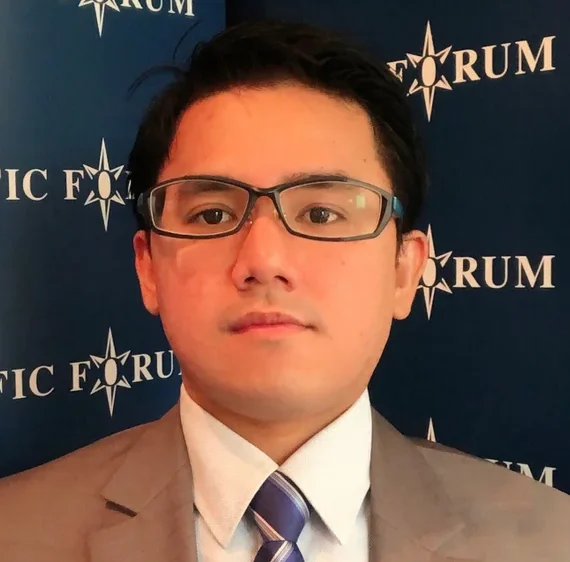
DR. JEFFREY ORDANIEL
President & CEO, WPS; Associate Professor of International Security, Tokyo International UniversityPanel Chair
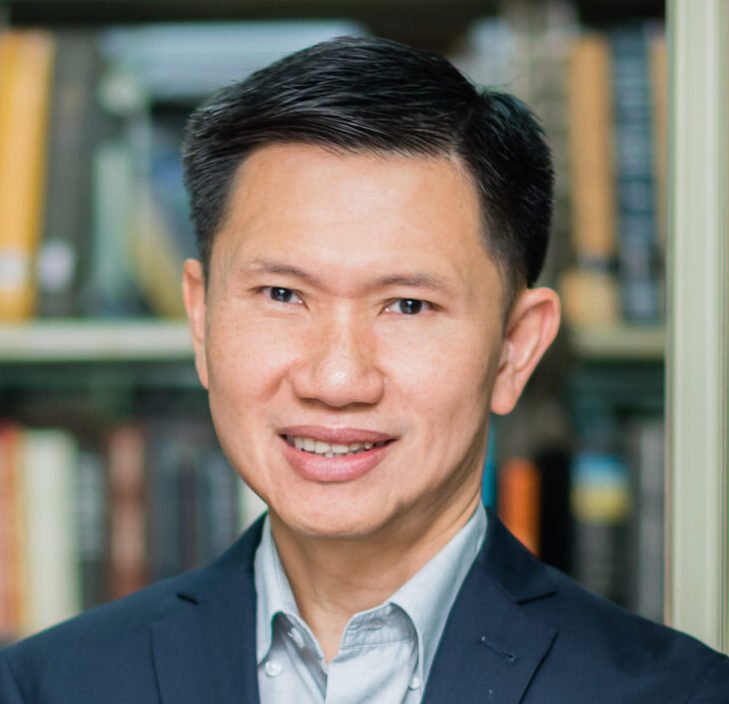
DR. THITINAN PONGSUDHIRAK
Professor of International Relations, Faculty of Political Science, Chulalongkorn UniversityPanelist
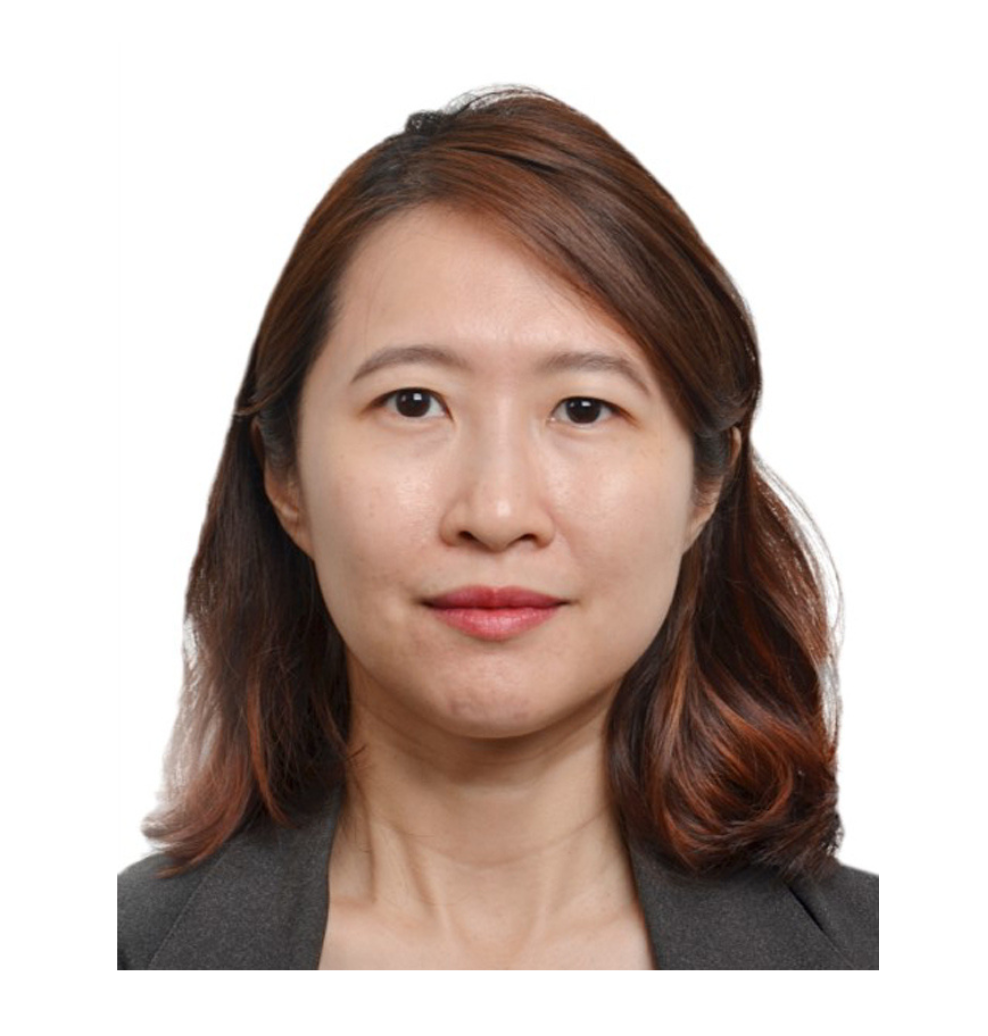
DR. CHIEW PING HOO
Founder, East Asian IR CaucusPanelist
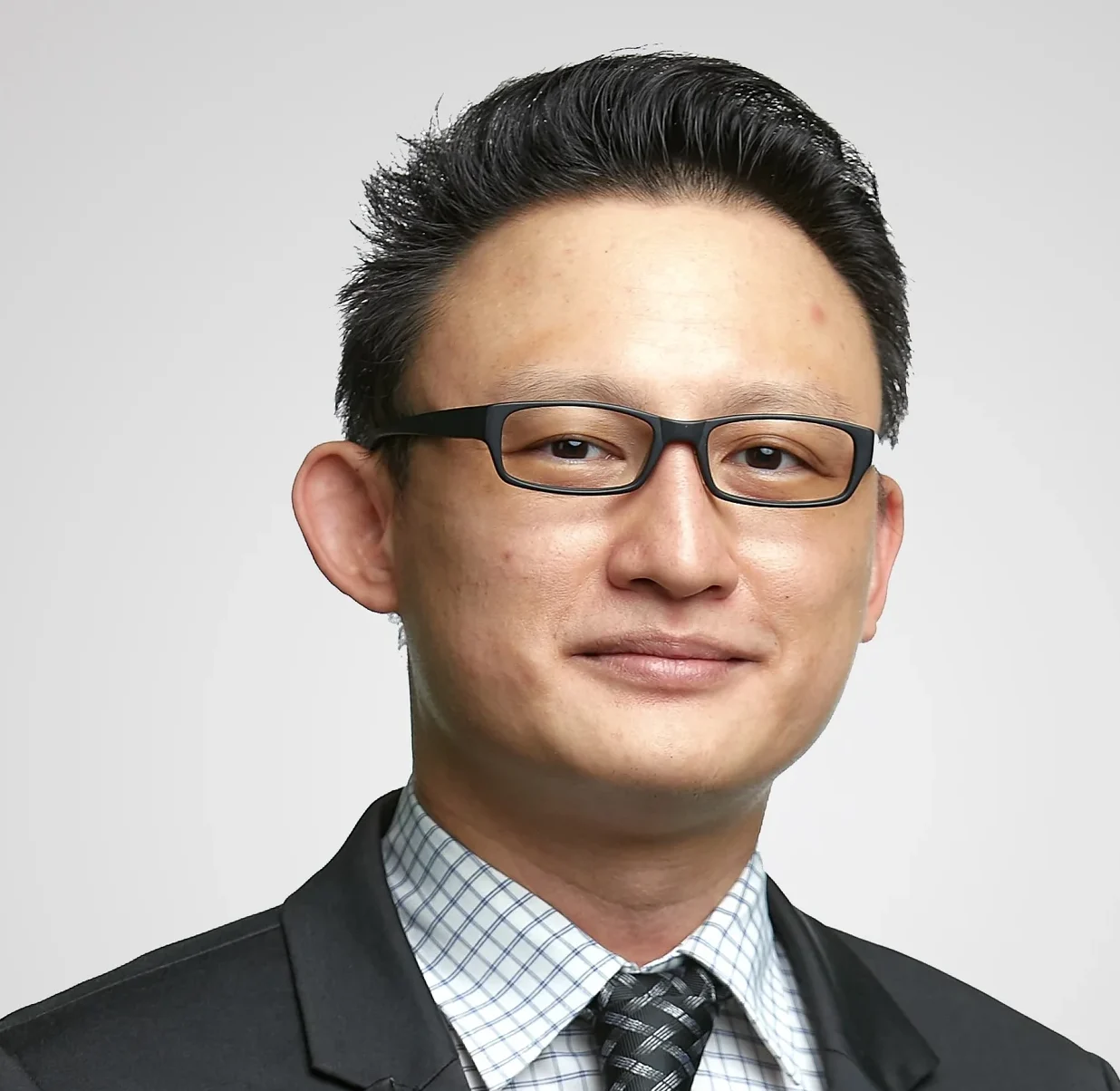
DR. COLLIN KOH
Associate Professor, S. Rajaratnam School, Nanyang Technological UniversityPanelist
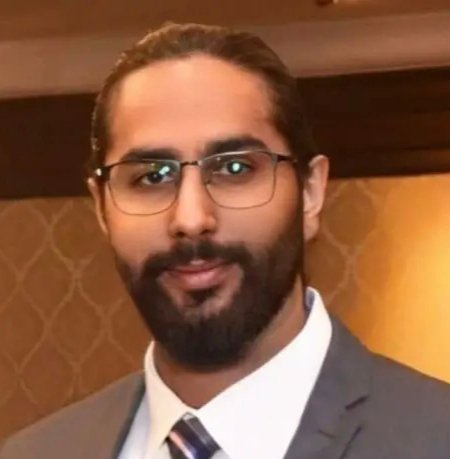
DON MCLAIN GILL
Lecturer, Department of International Studies, De La Salle UniversityPanelist
Panel 3: Examining Regional Fish Stocks Management
Fish stocks in ASEAN waters have declined by 70-95% since the 1950s, with catch rates falling by 66-75% over the past two decades, according to the most recent studies by multiple scientific organizations. Activities such as giant clam harvesting, dredging, and the construction of artificial islands have severely damaged over 160 square kilometers of coral reefs. This panel will address the following questions: What are the key factors contributing to the collapse of fish stocks? How can Southeast Asian states collectively address these critical issues to safeguard theregion's human and food security?
Panel Discussion
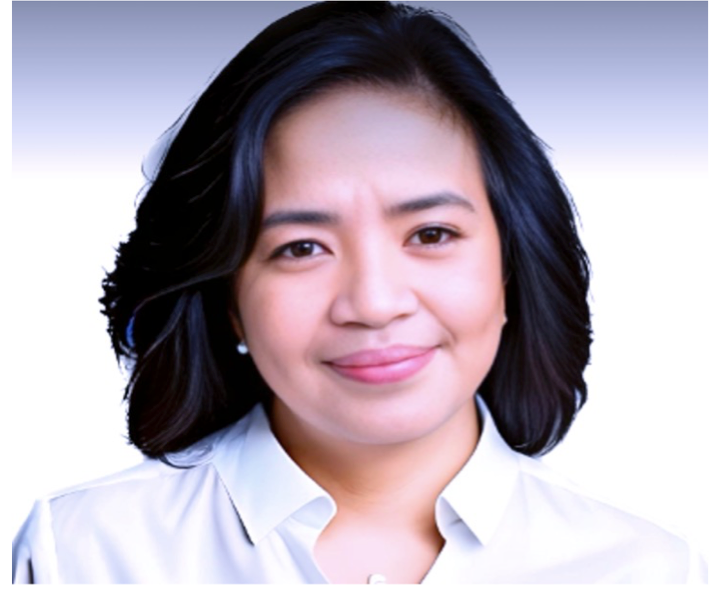
MA. CARMEN ABLAN LAGMAN
Professor of Biology, De La Salle UniversityPanel Chair
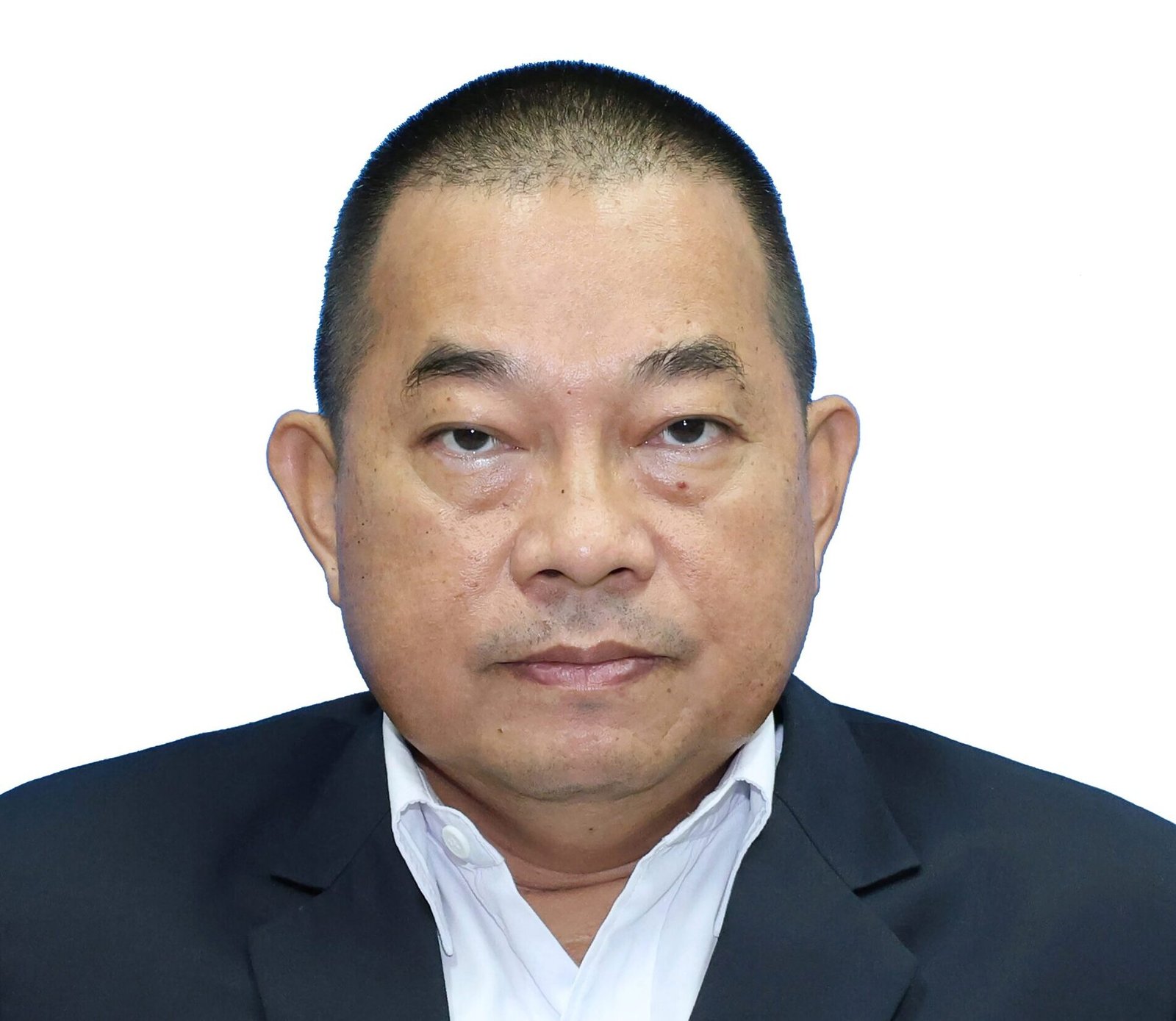
ISARA CHANRACHKIJ
Director, Project Planning and Management Division, Training Department, Southeast Asian Fisheries Development Center (SEAFDC)Panelist
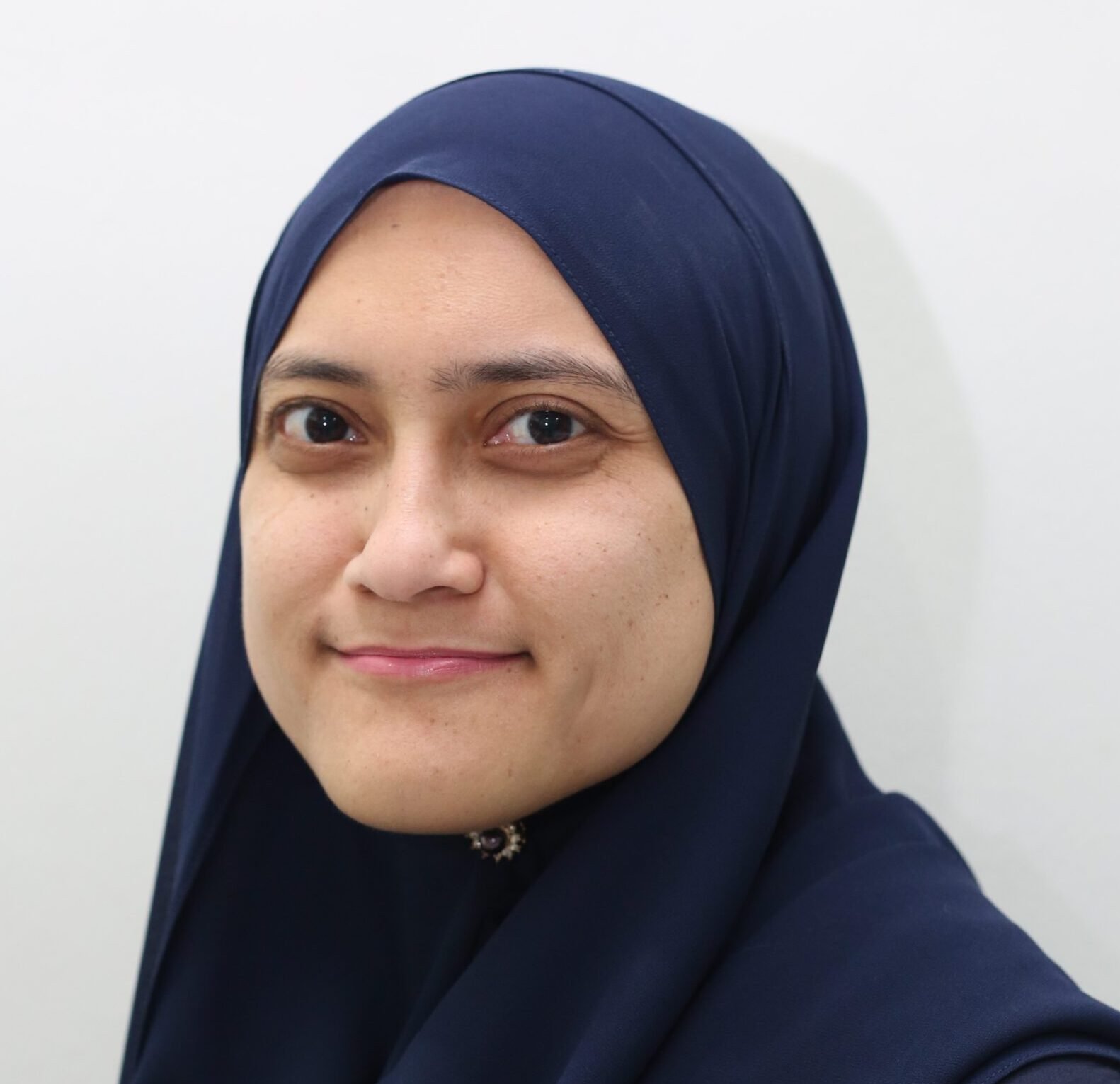
PROF. SAZLINA SALLEH
Deputy Director, Center for Policy Research, Universiti Sains MalaysiaPanelist
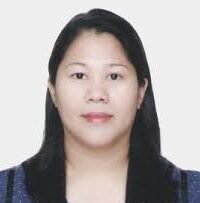
DR. CHARINA LYN AMEDO- REPOLLO
Assistant Professor, Deputy Director for Research, Marine Science Institute, University of the PhilippinesPanelist
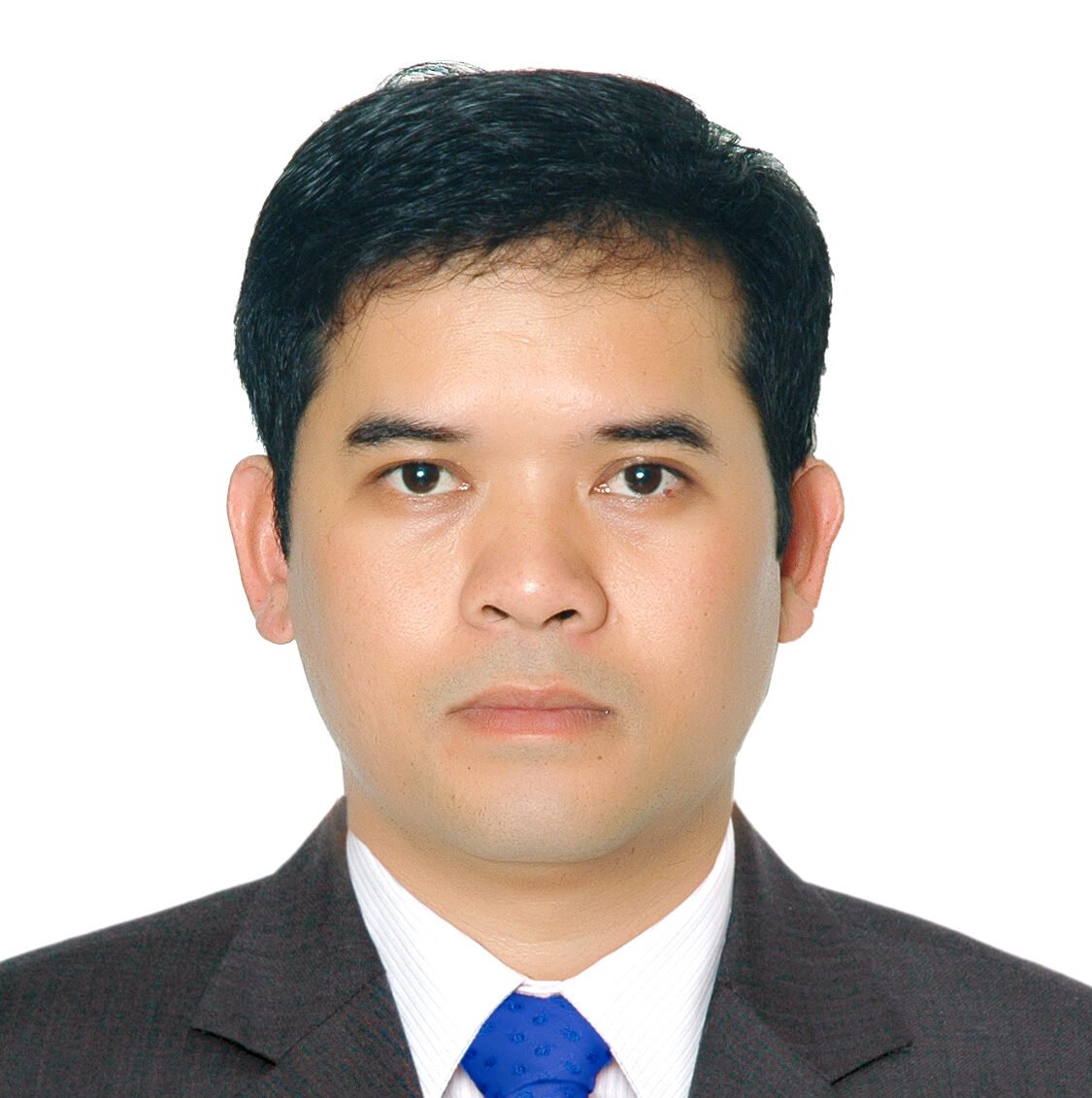
DR. CHIEN THAI
Division Chief, Capture Fisheries and Resource Management Department, Research Institute for Aquaculture Number 3 (RIA3)Panelist
Panel 4: Promoting Energy Security, Environmental Protection and Scientific Research in Maritime Southeast Asia
Article 123 of the UN Convention on the Law of the Sea obliges states bordering semi-enclosed seas, such as the South China Sea, to cooperate on marine environmental protection. This reflects the interconnected nature of semi-enclosed sea ecosystems, where currents transport marine life and pollution across national boundaries. Additionally, Article 192 of UNCLOS imposes a general duty on all states to "protect and preserve the marine environment." This session will address the following questions: - What are the key factors contributing to marine environmental degradation in Southeast Asian waters? - What ASEAN mechanisms exist to address marine environmental protection? Are these mechanisms effective? What improvements are needed to enable ASEAN institutions to address the root causes of environmental degradation? - How can ASEAN member states fully leverage the Marine Scientific Research (MSR) regime enshrined in UNCLOS to enhance marine environmental protection measures?
Panel Discussion
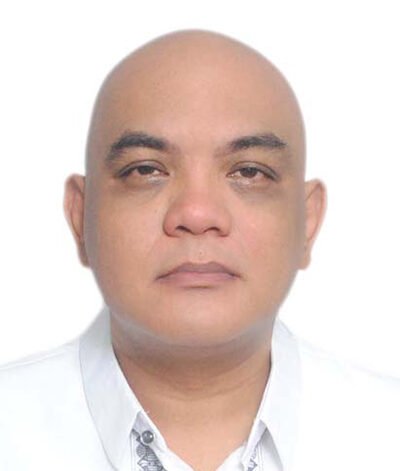
Neil Silva
Senior Lecturer, University of the Philippines College of LawPanel Chair
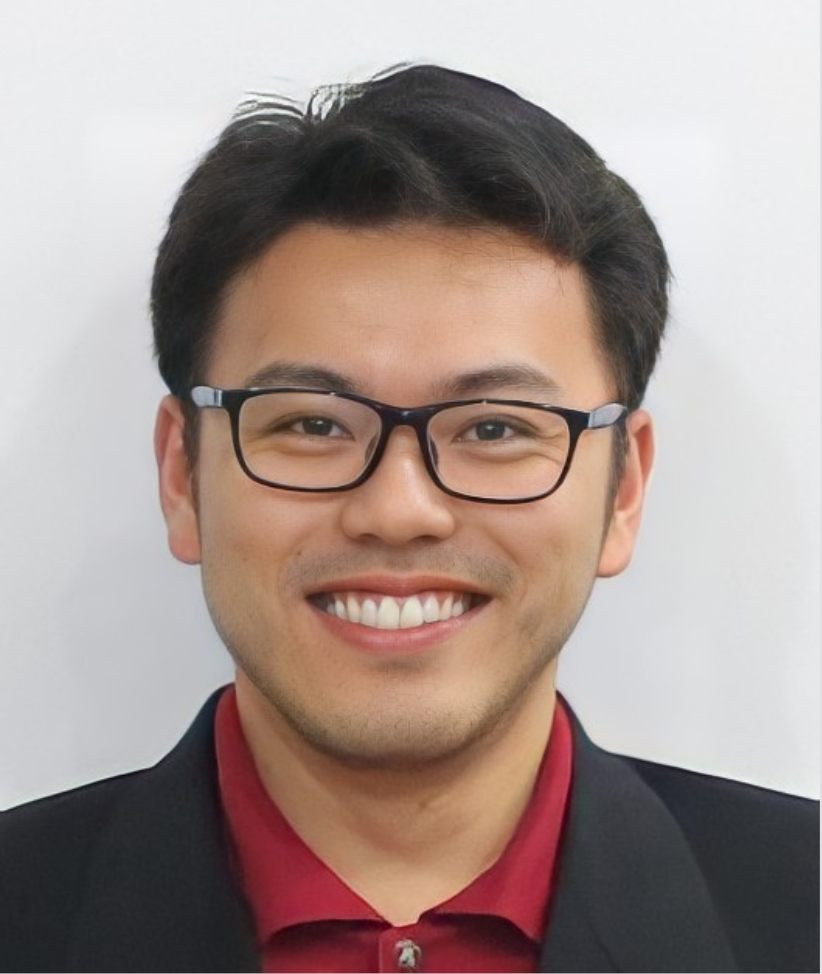
Dr. SAU-PIN "ABE" WOO
Deputy Director, Centre for Marine and Coastal Studies (CEMACS), Universiti Sains MalaysiaPanelist
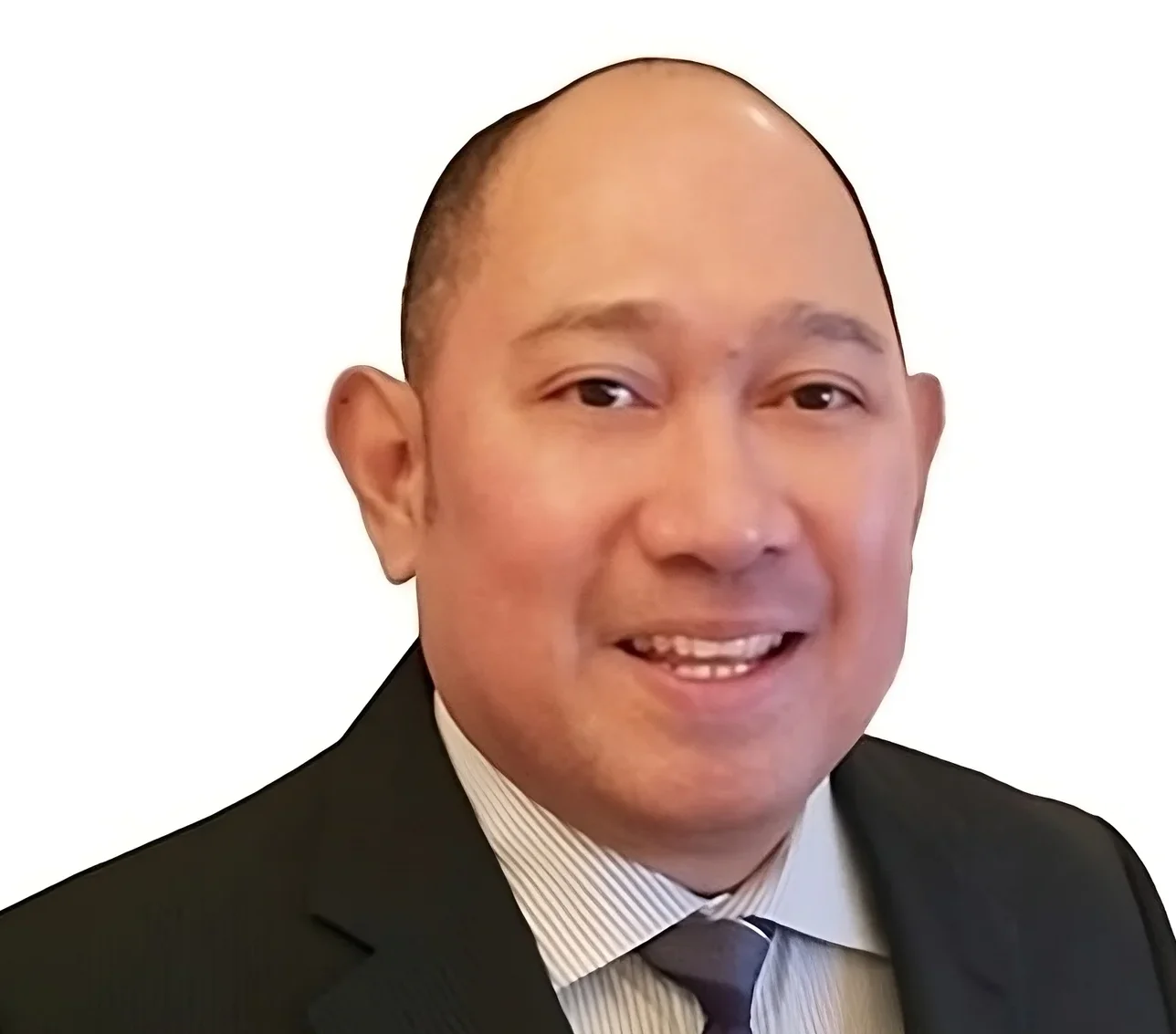
PROF. VICTOR ANDRES "DINDO" MANHIT
CEO and Founder, The Stratbase GroupPanelist
May 23, 2025
Panel 5: Countering Disinformation and Other Malign Influence Operations
How can governments safeguard their institutions and the public from foreign malign influence operations that seek to confuse their people, poison political discourse, and make outright violations of international law seemingly acceptable and coercion, justifiable?
Panel Discussion

RICHARD HEYDARIAN
Senior Lecturer, Master in International Studies, University of the PhilippinesPanel Chair
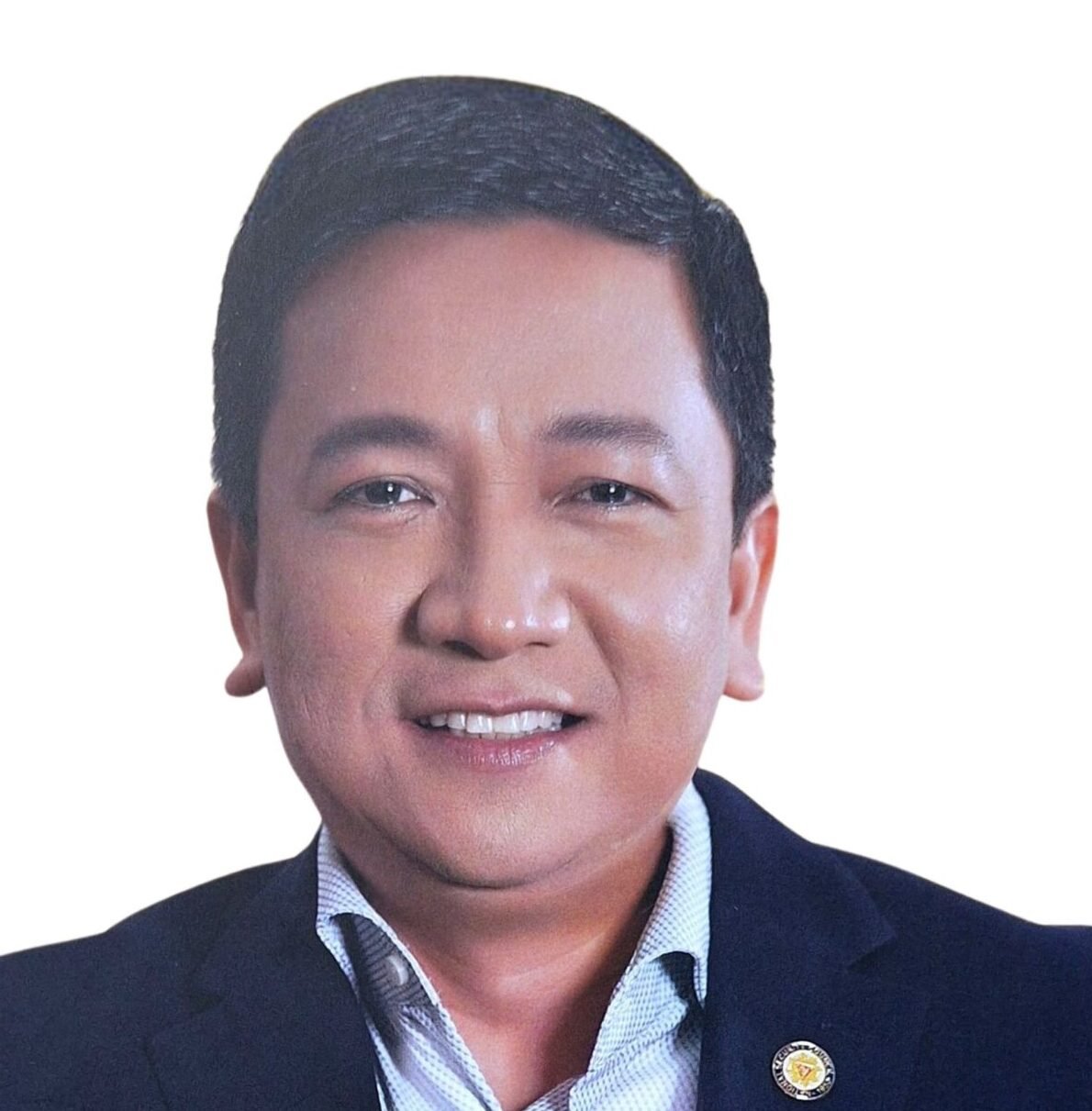
JONATHAN MALAYA
Assistant Director General, National Security CouncilPanelist
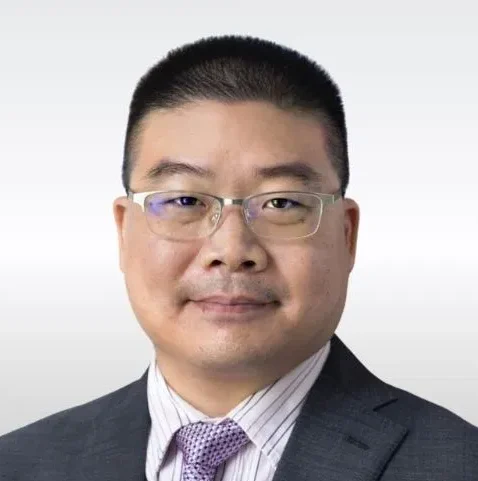
DR. CHONG JA IAN
Associate Professor of Political Science, National University of SingaporePanelist
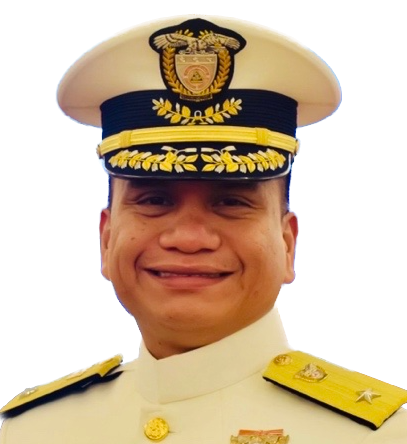
COMMO. JAY TARRIELA
Chief, West Philippine Sea Transparency Group, Philippine Coast GuardPanelist
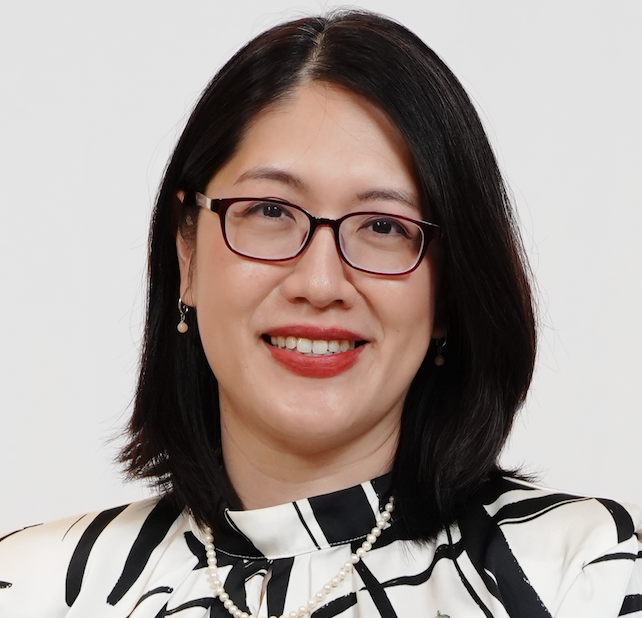
DR. TRICIA YEOH
Associate Professor of Practice, School of Politics and International Relations, University of Nottingham MalaysiaPanelist
Panel 6: Confidence-Building Measures, Risk Reduction, and Dispute Resolution
Officials from Indonesia, Malaysia, Brunei, and Vietnam, along with a senior diplomat from the Philippines’ Department of Foreign Affairs, will participate as panelists and address the following questions: What is your government's perspective on the negotiations for a Code of Conduct that has lingered for nearly three decades? What are the primary challenges inhibiting its completion, and when can we expect a finalized draft? Is ASEAN still the preferred mechanism for ensuring stability and security in the South China Sea? What roles do extra-regional mechanisms such as AUKUS, the US-Japan-Philippines trilateral partnership, and the QUAD play in promoting a rules-based maritime order in Southeast Asia? Do you view these mechanisms as undermining ASEAN Centrality or complementing it?
Diplomatic Roundtable
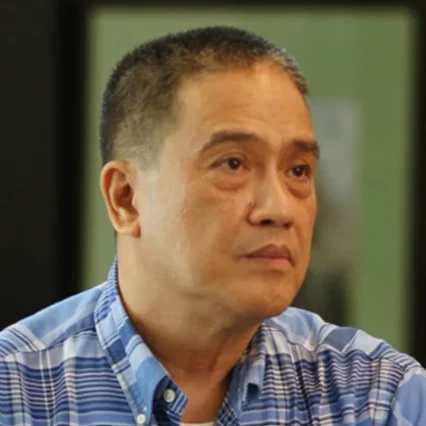
PROF. RENATO CRUZ DE CASTRO
Distinguished Professor, De La Salle University-ManilaPanel Chair
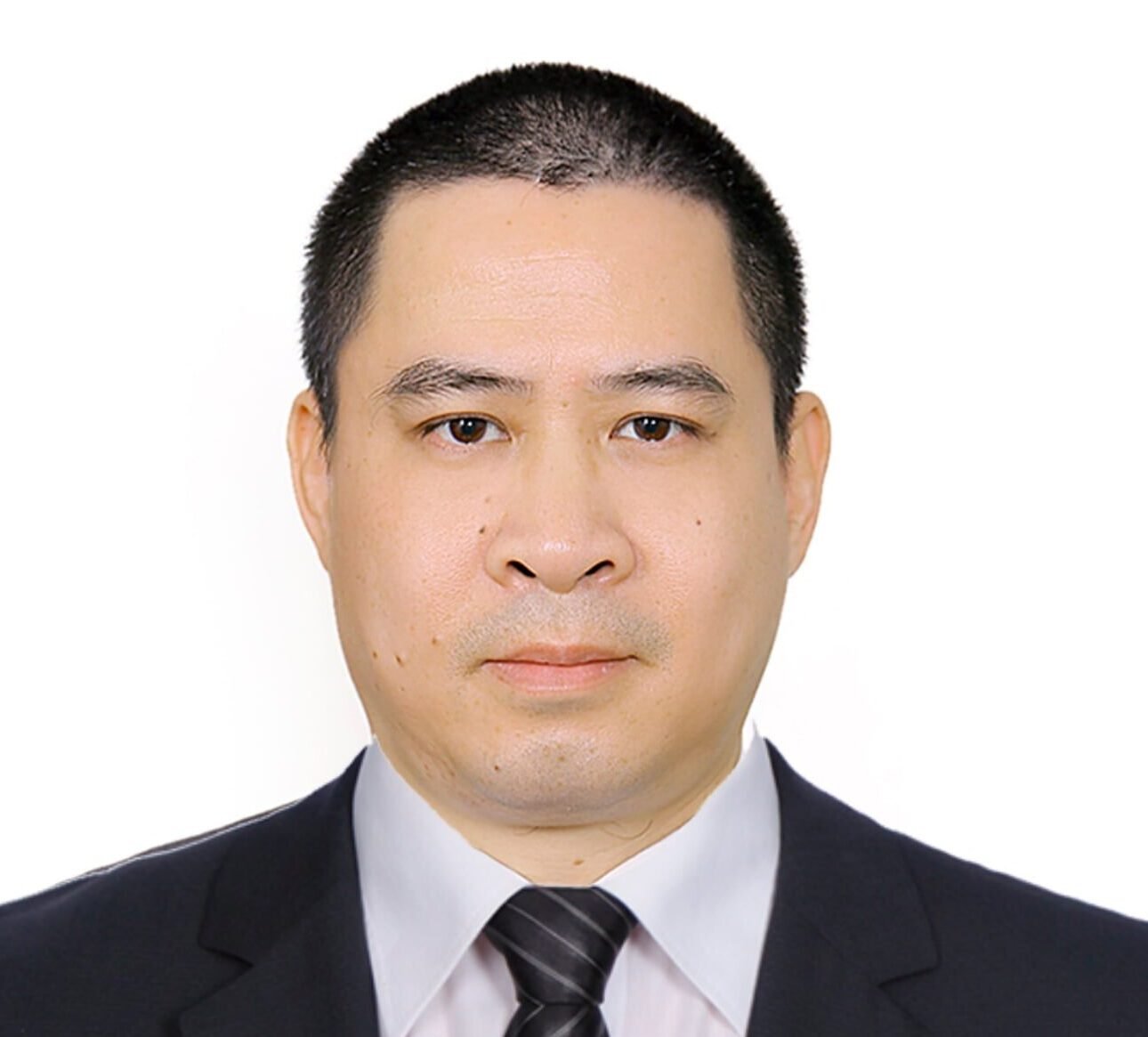
H.E. LAI THAI BINH
Ambassador of Viet Nam to the PhilippinesPanelist
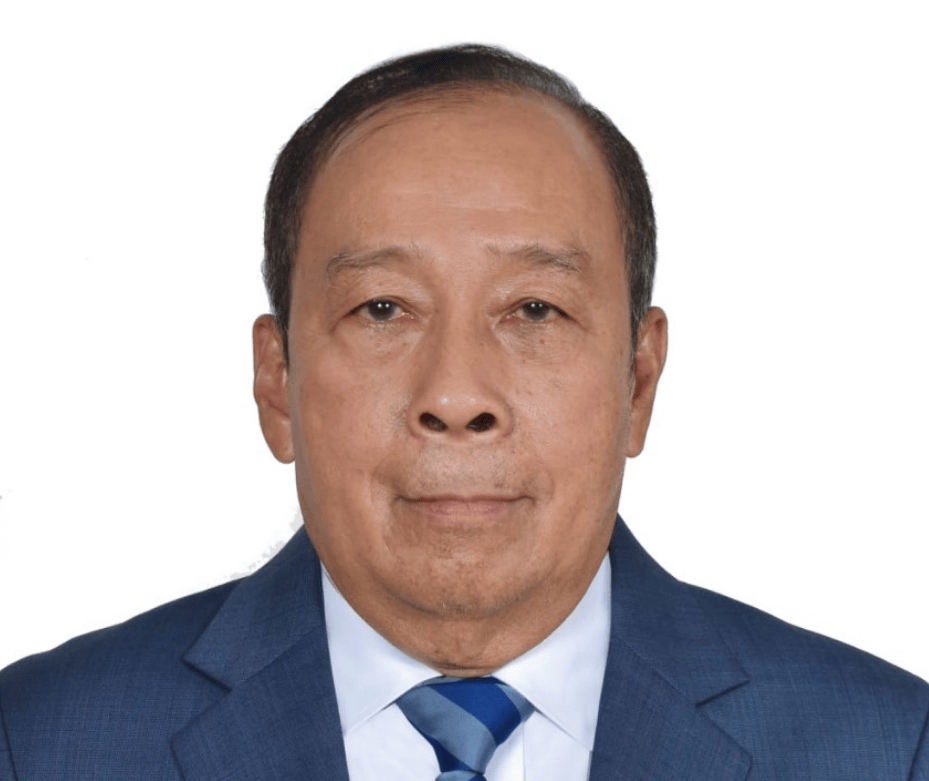
H.E. AGUS WIDJOJO
Ambassador of Indonesia to the PhilippinesPanelist

ASEC. MARSHALL LOUIS ALFEREZ
Assistant Secretary, Maritime and Ocean Affairs Office, Department of Foreign Affairs, PhilippinesPanelist
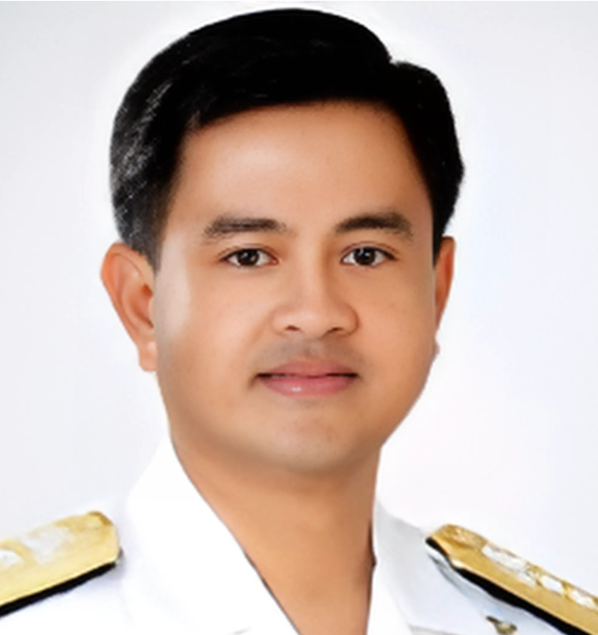
VADM. ALEXANDER LOPEZ (RET., AFP)
Spokesperson, National Maritime Council (NMC), PhilippinesPanelist
Panel 7: Safeguarding Subsea Cables as an Emerging Security Challenge - KAS Philippines Special Panel
Subsea cables form the backbone of global telecommunications and the internet, enabling the essential and day-to-day functions across governments, businesses, and broader society. In 2010, the United Nations described submarine communication cables as “critical communications infrastructure” and “vitally important to the global economy and the national security of all states.” Given the crucial role of subsea cables in the modern world and the challenging environment in which they are situated, these vital infrastructures are inherently vulnerable to a wide range of risks, both intentional and accidental. In addition, the recent uptick in damage reports related to subsea cables in the Baltic Sea and Taiwan has heightened concerns of sabotage amid intensifying geopolitical conflicts. Within this context, this panel will assess this emerging maritime security issue and address the following questions: What is the current security status of undersea cables traversing regional waters? What is the role of maritime Southeast Asia in the global subsea cable network? What institutional mechanisms exist within ASEAN to protect subsea cables from threats such as espionage, sabotage, and accidental damage? What policy gaps remain, and what challenges must be overcome? What lessons can be drawn from similar incidents in other regions such as the Baltic Sea and Taiwan?
Panel Discussion

PATRICK ZOLL
Correspondent for Geopolitics in the Indo-Pacific, Neue Zürcher ZeitungPanel Chair
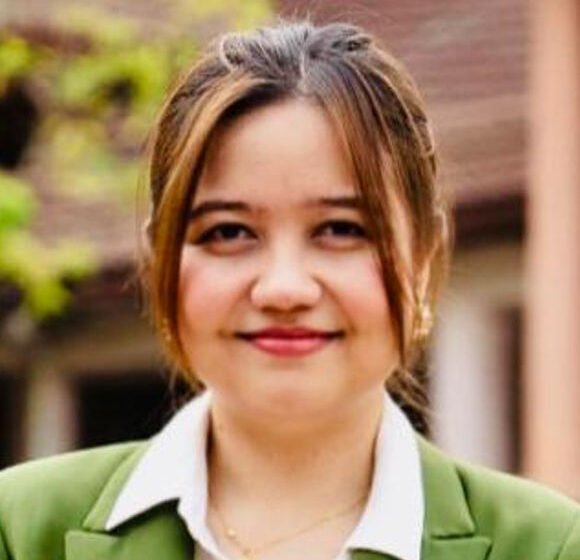
DR. SU WAI MON
Research Fellow, Centre for International Law, National University of SingaporePanelist

MUHAMMAD WAFFAA KHARISMA
Researcher, Department of International Relations, CSIS IndonesiaPanelist
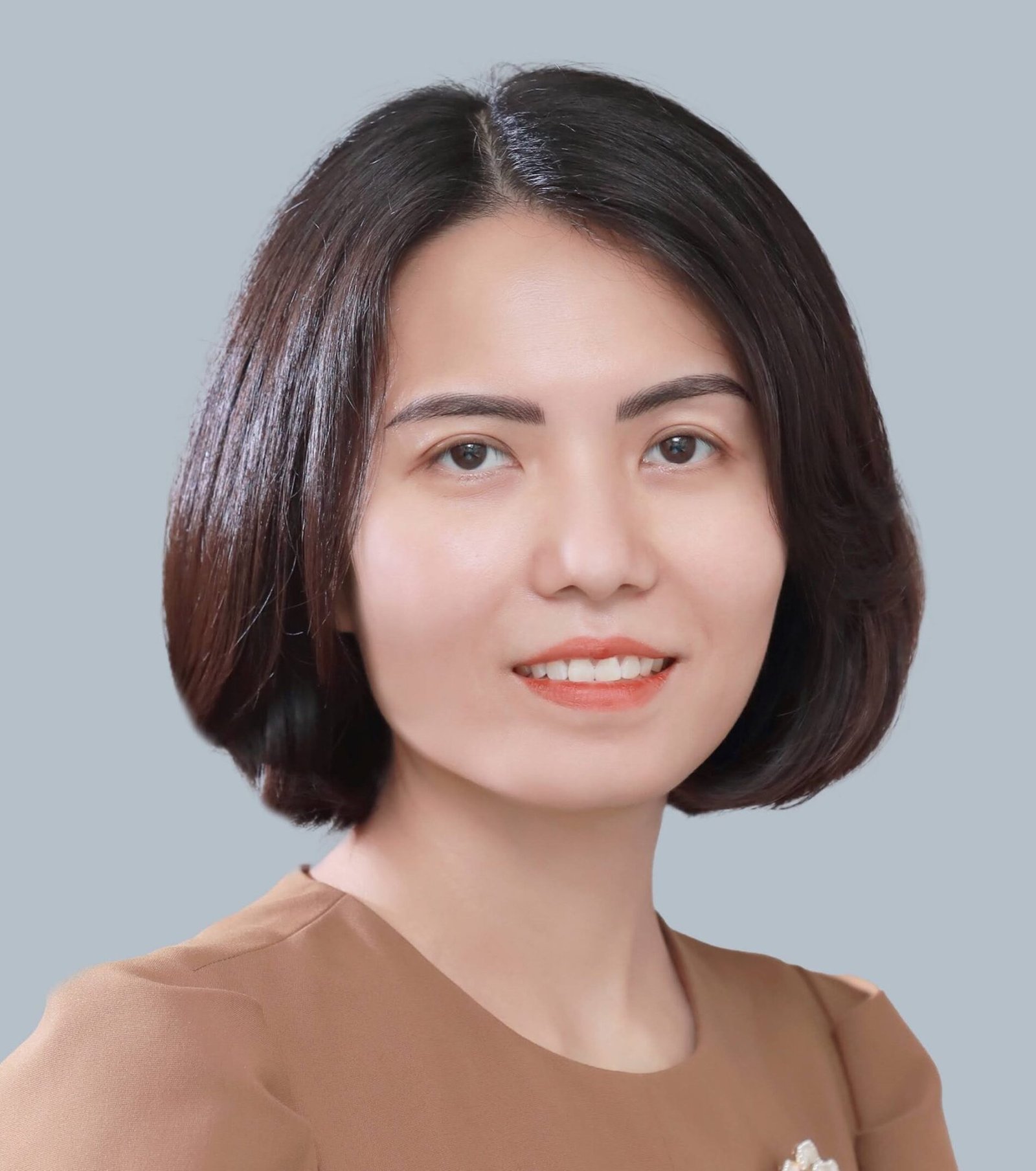
DR. BICH TRAN
Adjunct Fellow, Center for Strategic and International Studies (CSIS); Nonresident Fellow, WPSPanelist
Panel 8: Law Enforcement at Sea - Strengthening Regional Coast Guard Cooperation
Coast Guard organizations have emerged as the primary agencies for maintaining maritime safety and security in Southeast Asia, particularly in sea areas within national jurisdictions. In recent years, however, the increasing prevalence of "gray zone" coercion at sea has expanded the role of coast guards beyond constabulary maritime forces. They now play a crucial role in ensuring littoral states in the South China Sea maintain jurisdiction over their territorial seas, EEZs, and continental shelves in accordance with international law. This session will address the following questions: How are regional Coast Guard organizations responding to the increasing use of "gray zone" coercion in Southeast Asian waters? What challenges hinder closer Coast Guard cooperation in Southeast Asia? What steps can be taken to ensure that the emerging ASEAN Coast Guard Forum evolves into an impactful institution that promotes adherence to international law and fosters effective regional cooperation to address maritime challenges?
Panel Discussion
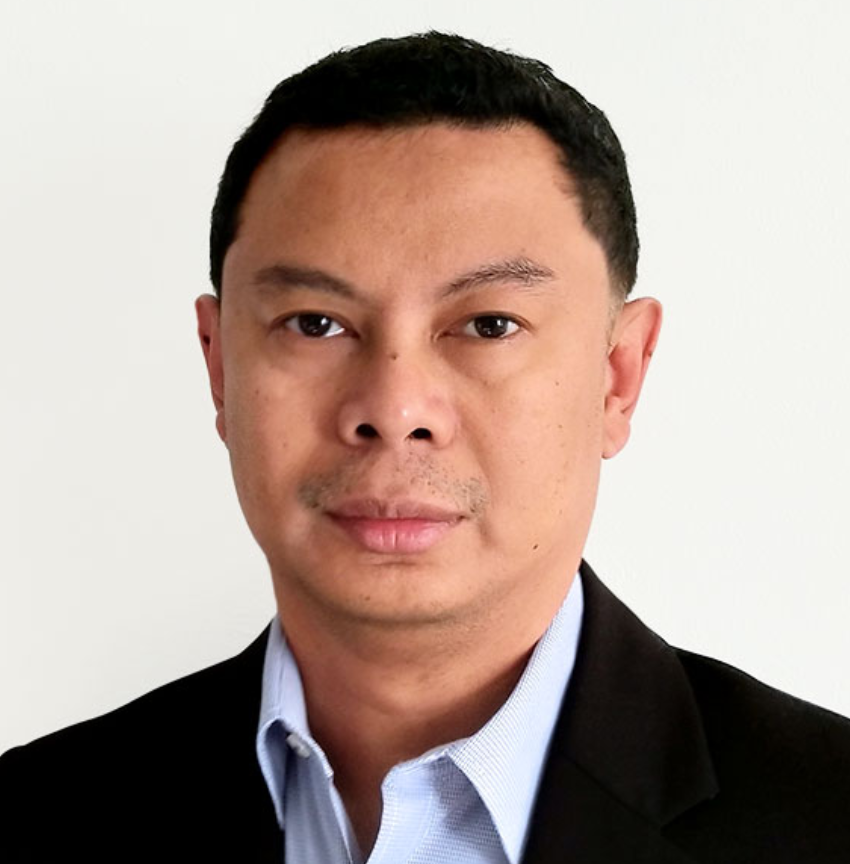
DR. RAHMAN YAACOB
Research Fellow, Lowy InstitutePanel Chair
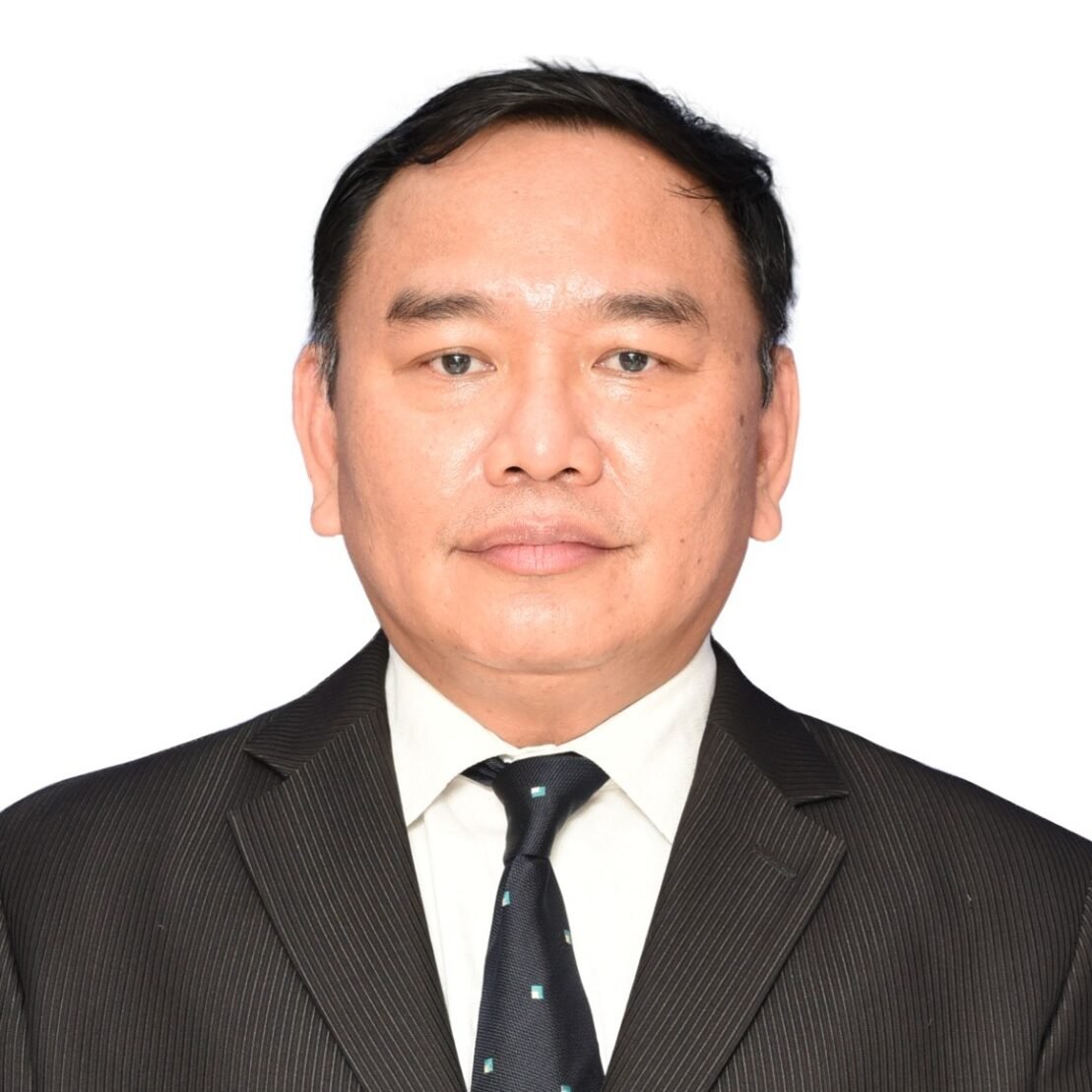
RADM. SAMUEL KOWAAS
Executive Secretary, Indonesia Coast Guard (BAKAMLA)Panelist
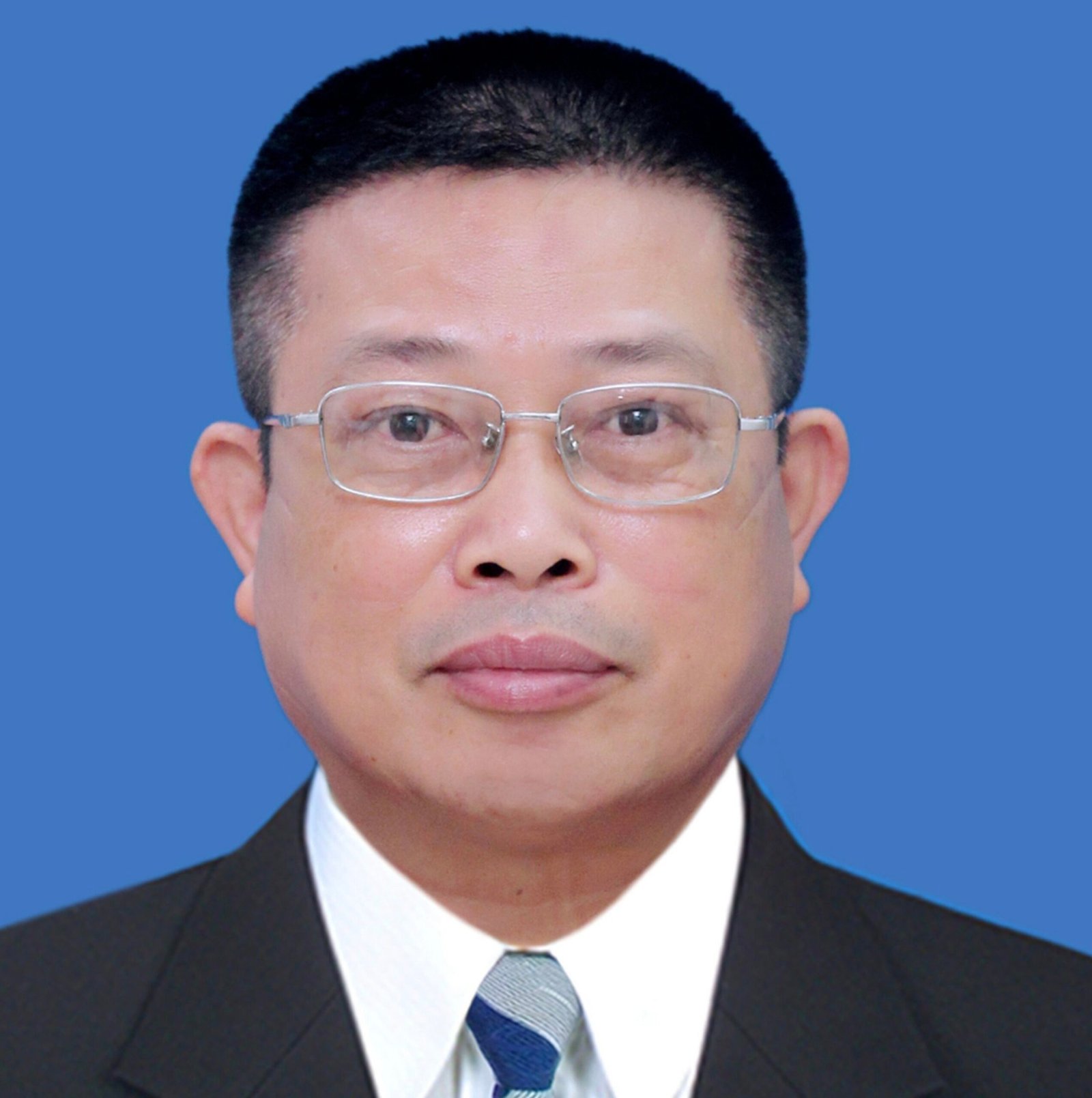
SR. COL. KHANH VAN VU (RET., VPA)
Former Director, Department of International Studies, Institute for Defence Strategy, Ministry of National Defence of VietnamPanelist
